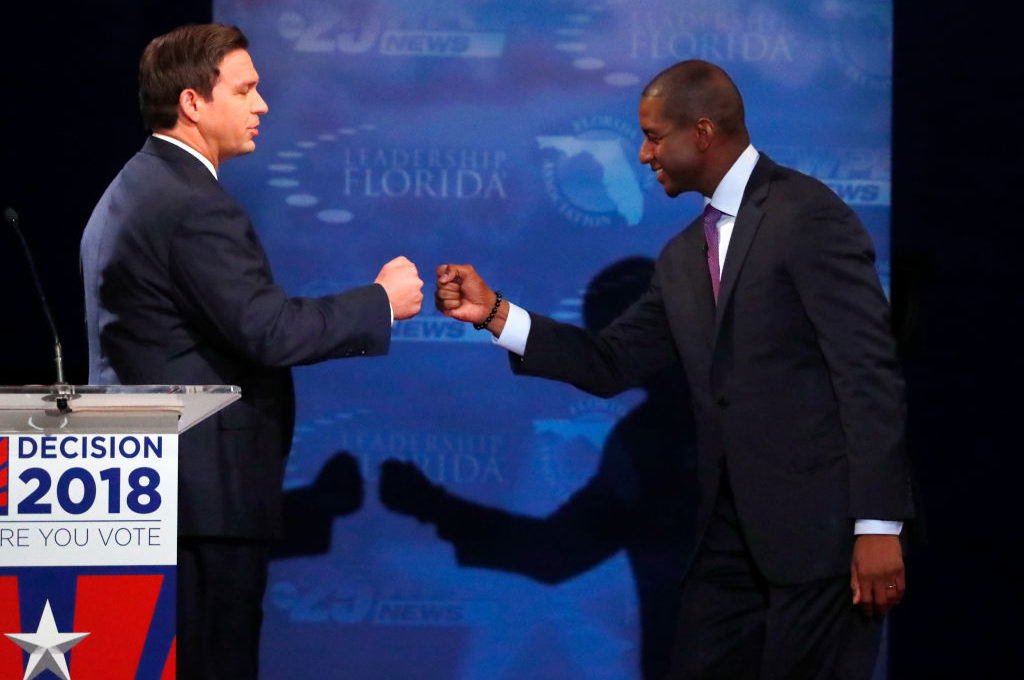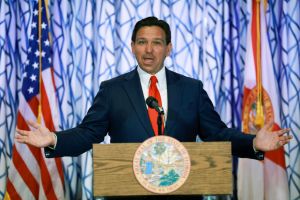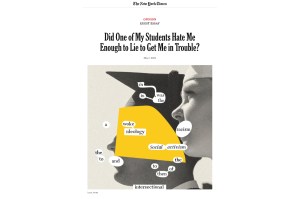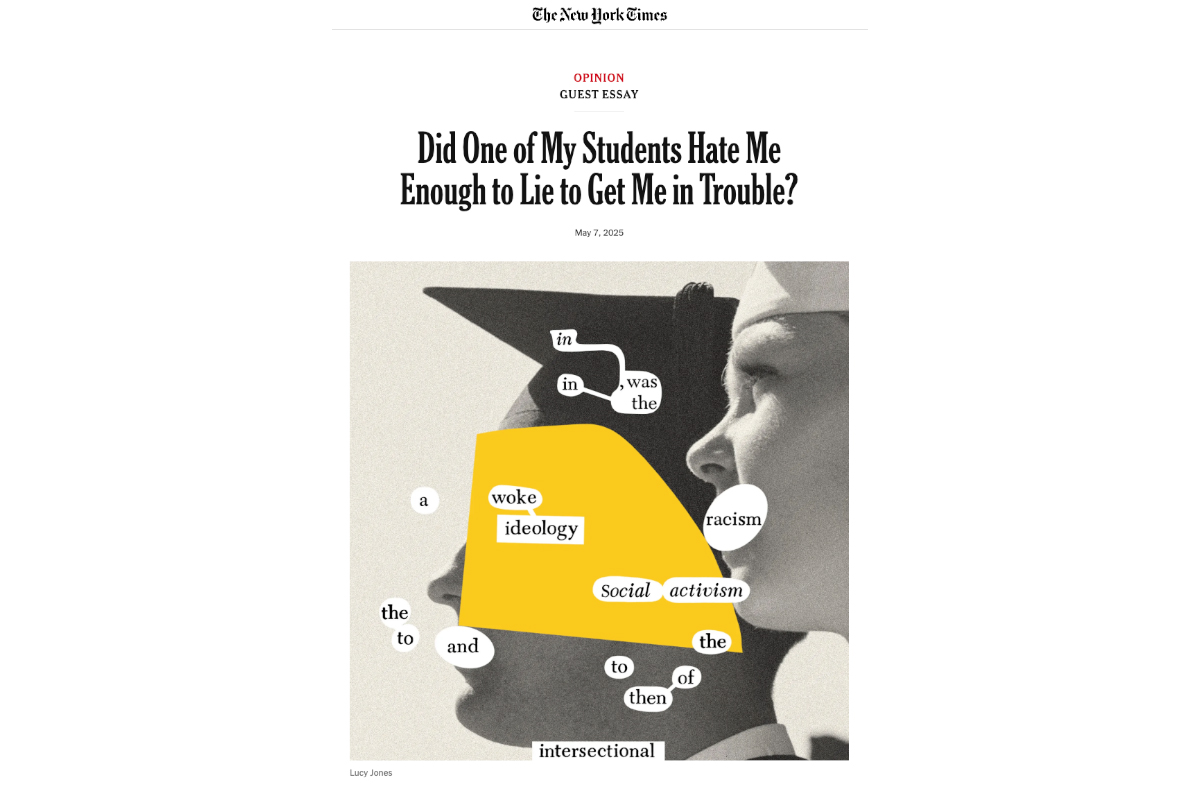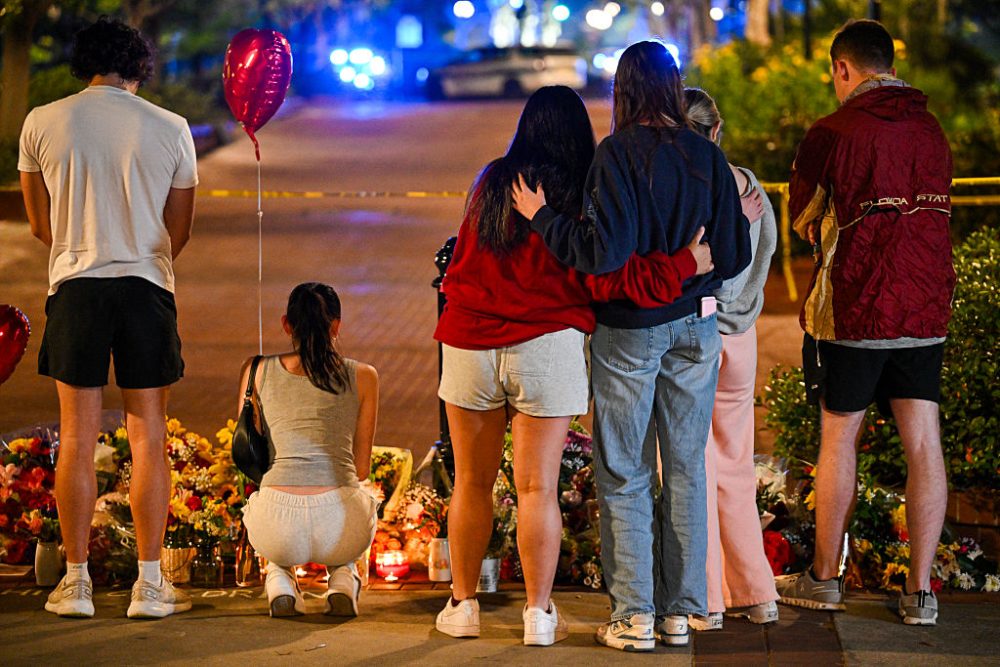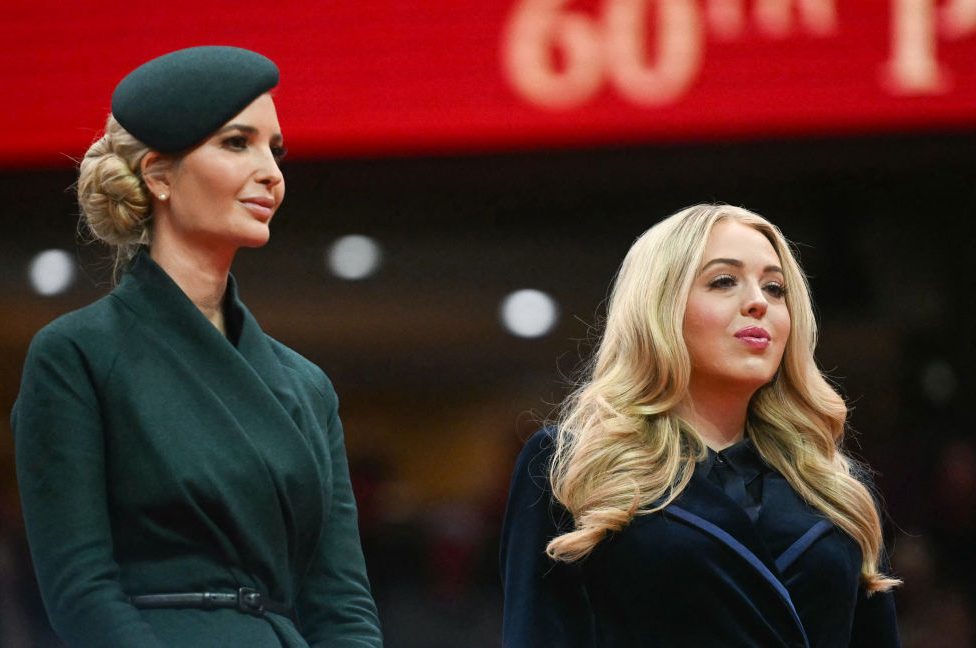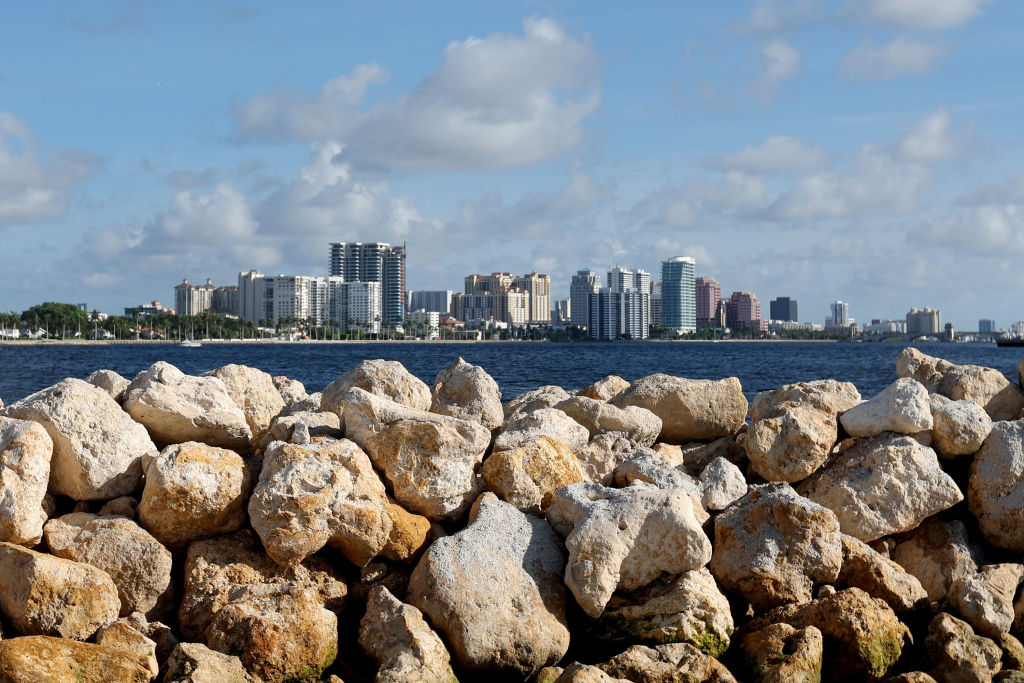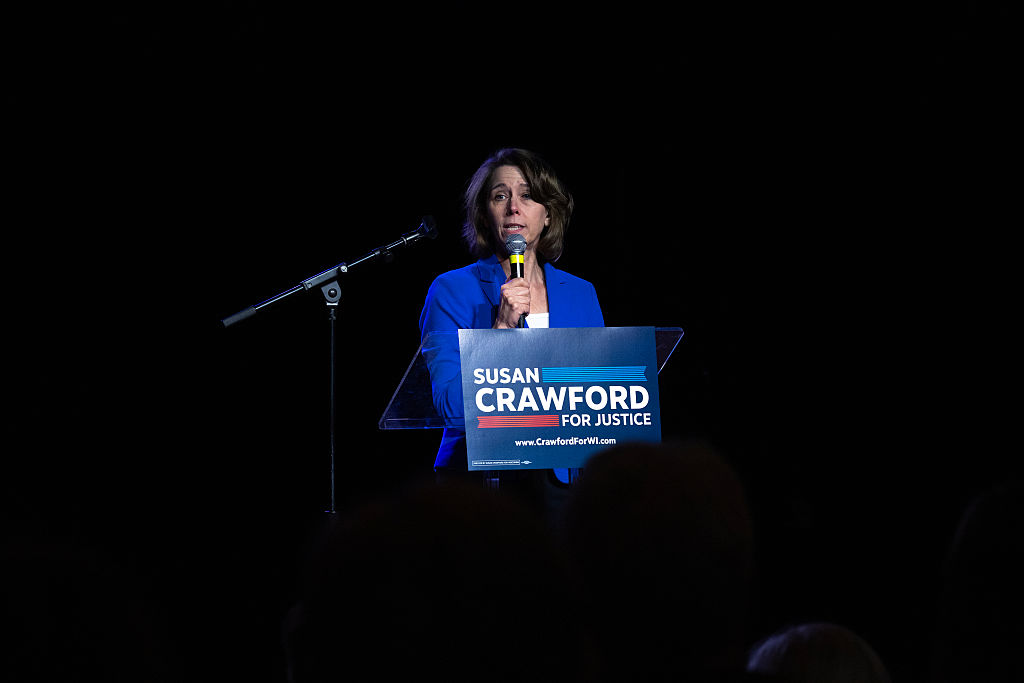‘Why do we have two mayors?’
It’s a common question in Miami, both for the uninitiated and the longtime resident.
While everyone knows the answer, the question itself is a reminder of the byzantine political system that governs Florida’s largest city. The City of Miami has a mayor, and Miami-Dade County also has a mayor, though no one seems to be clear on just what either of them does.
That seems to be true of much of the political climate in Florida. With a woefully thin media industry, there’s a palpable distance between decisions in city hall, in the county, in the state — and the people who are impacted by them. Sure, you can lay some blame on sun-soaked blissful ignorance. But the longer you live in Florida, the more you feel that there’s a very small number of people who actually know what’s going on at the political level.
You can forgive Miami locals, then, for feeling a bit disconnected from the State House in Tallahassee, a city that may as well be in another country. But that’s where all of the attention is right now, with one of the most closely watched gubernatorial races in the country pitting former Republican congressman Ron DeSantis against Tallahassee’s Democratic mayor Andrew Gillum.
In an election season that is all about control of Congress, the scrutiny on this race seems disproportionate. But Florida’s size, its typically rightward lean, and the candidates themselves all make this race a bellwether for the national one.
The race is Trump vs. the Blue Wave. DeSantis is a Tea Party conservative, an unabashed Trump supporter. Gillum is part of the new wave of progressive Democrats sweeping the nation. DeSantis is running a traditional conservative campaign, no different on its face than that of Gov. Rick Scott, who is now running for Senate. Gillum’s campaign is a something new for Florida, though. Particularly when it comes to taxation, which is a third rail in a state whose very constitution bans an income tax.
Gillum’s tax plan would raise the corporate tax rate from 5.5 per cent to 7.5 per cent. Gillum calls this ‘modest’, but it would be a significant change for a state whose lush tax climate is arguably its chief economic driver. For years, Florida’s economy —and the state’s fisc — have been based on people moving here, buying homes and paying property taxes. If companies begin to move out, or fewer companies move in here, that entire ecosystem gets threatened.
The most important element of Gillum’s tax plan won’t receive the attention it deserves. But why would we expect anything else, in a state with weak media and a disconnected political class?
Add Florida’s decidedly Republican state legislature, and this kind of tax proposal becomes unlikely to see the light of day. But will Florida voters go for it?
This a state that voted for Barack Obama twice, and then for Donald Trump. It hasn’t elected a Democrat as governor since Jeb Bush in 2003, unless you count Charlie Crist, who didn’t officially become governor until he left office. Right now, every major race in the state looks like a coin flip, from Rick Scott’s contest against incumbent Democratic senator Bill Nelson, to the battle in Miami to replace retiring Democratic senator Ileana Ros-Lehtinen, in which Spanish-language journalist Maria Elvira Salazar is neck and neck with Donna Shalala, who served in the Clinton administration as secretary of state for Health and Human Services.
So what’s going to happen in November?
Ask one of the mayors. If you don’t like the answer, ask the other one.
A. C. Britell is a writer living in Florida.



